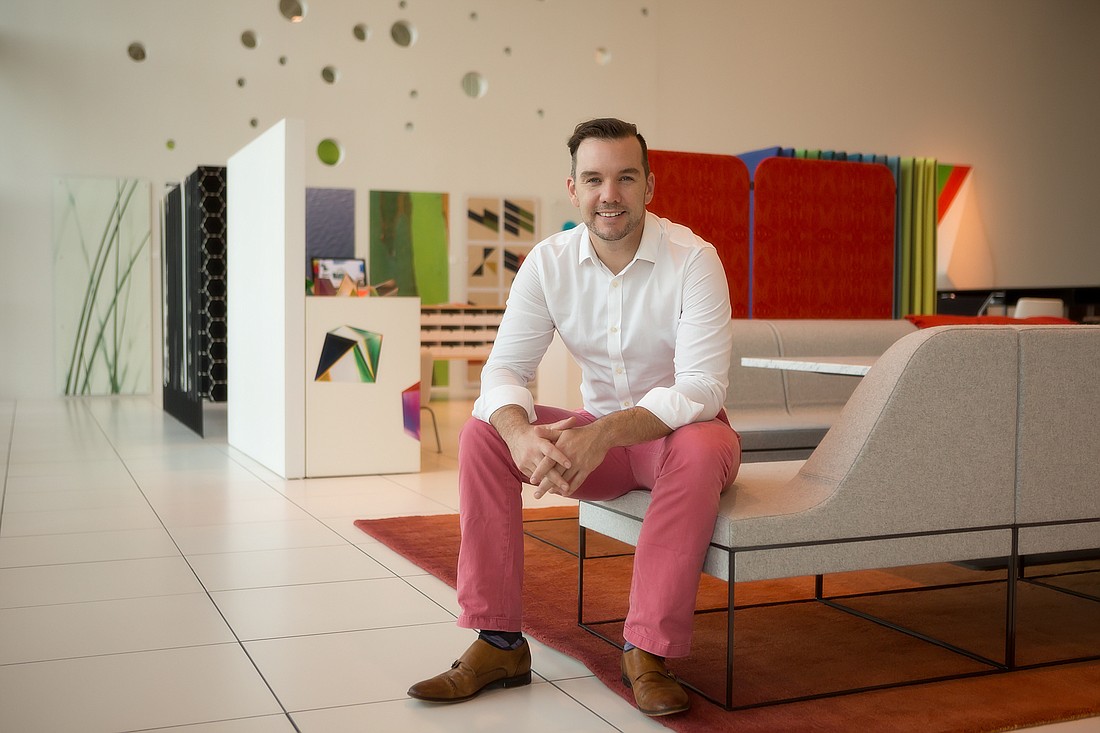
Here’s something to think about: Artificial intelligence will drive major changes in how and where we work.
“We hear from CEOs that they all know it will have an impact, and obviously it will be a bit different by industry,” said Joel Schellhammer, vice president of corporate strategy for Steelcase Inc. “But in terms of what specifically that’s going to do for jobs or workers, I don’t think anyone knows.”
But Steelcase, which provides office furniture and interior architecture to offices, hospitals and schools, is researching the possibilities.
Schellhammer, based at Steelcase headquarters in Grand Rapids, Michigan, is scheduled as the keynote speaker Thursday to the NAIOP Commercial Real Estate Development Association Northeast Florida Chapter. It will meet at noon at the Marriott Southpoint.
His topic is “The Office Renaissance: New Trends and Forces.”
The top question at such events, he said, concerns the impact of artificial intelligence at work.
“Generally we define it as a computer-based system that has the ability to do more than our human brains currently allow us to do, whether that’s hold innumerable details, whether it’s seeing patterns, whether it’s generating new concepts,” Schellhammer said during a phone interview.
“But it’s intelligence greater than current human intelligence.”
Steelcase’s position is that artificial intelligence will create opportunities to augment human performance and improve productivity and creativity. Schellhammer calls it “cognitive offloading,” such as not having to remember or recall information as workers do now.
“And I always tell people, look, that may sound like a foreign concept, but it’s something all of us have been doing over the last 10 years. When was the last time any of us memorized a phone number?”
An example of how it might affect workflow is that artificial intelligence could analyze meetings to see patterns, such as repetitive topics.
“And for artificial intelligence to say, hey, you know, it seems like the group is stuck on this. Why don’t you facilitate a meeting that really refocuses on this point?” he said.
Schellhammer said artificial intelligence clearly will impact the type of work done and in what space, like “smart homes” that can predict the homeowners’ preferences such as temperature, lighting, hot water use and other daily consumption.
“Once technology and artificial intelligence is integrated into the space, it may lead us to a fundamentally different view” on the work environment.
That, he said, “is only going to accelerate.”
Asked about the opportunities to write the programs for uses, Schellhammer responded.
“Actually, the programs are now writing themselves.”